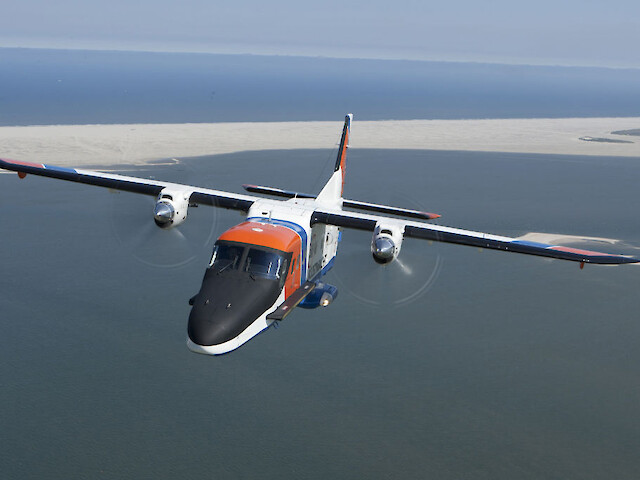Response to Incidents
Contracting Parties therefore aim to improve their joint response to incidents, based on risk assessments, ensuring counter-pollution activities are executed with the best available techniques and equipment.
Counter Pollution Manual
One of the Bonn Agreement's major aims is to facilitate cooperation between the Contracting Parties in response to large maritime disasters and other emergencies. To ensure that cooperation is effective and efficient, common understanding is needed on many issues such as command structures, communications, organisation and claims management. These are practices are adopted by the Bonn Agreement and outlined in the Bonn Agreement Counter Pollution Manual.
The Manual is divided into two Volumes:
Administration
This volume includes the National Chapters, outlining contact details and resources for each Contracting Party including the sub-regional Response Plans, Host Nation Support,Costs for Assistance, and Guidelines for Evaluation
Operational Aspects
Operational Aspects cover National Contact points, Pollution Reporting (POLREP), Equpiment and procedures for combating the pollution (including the regional HNS Manual and Wildlife Respone Manual), and the Oil Spill Identification Network (OSINet).
To view the full manual, visit our Publications page.
Next In This Section
Surveillance

In order to prevent illegal or accidental pollution most Bonn Agreement Contracting Parties undertake aerial surveillance to enforce maritime pollution rules and standards.
Read